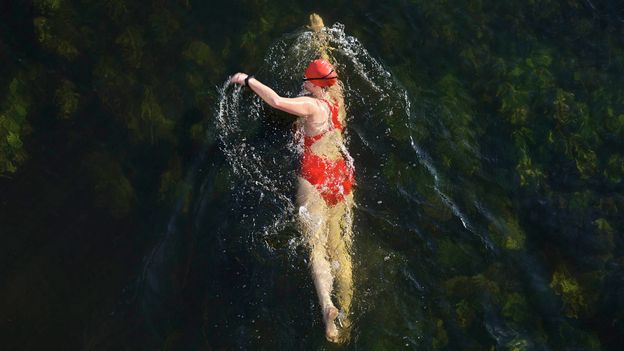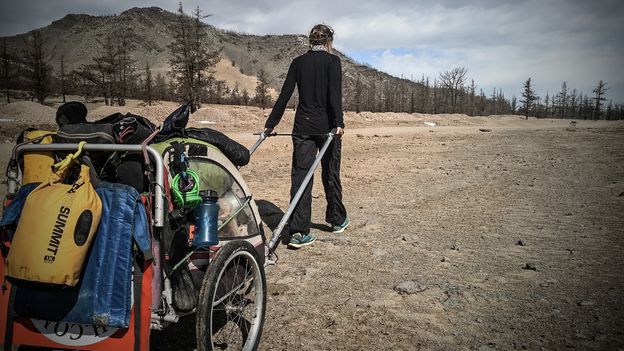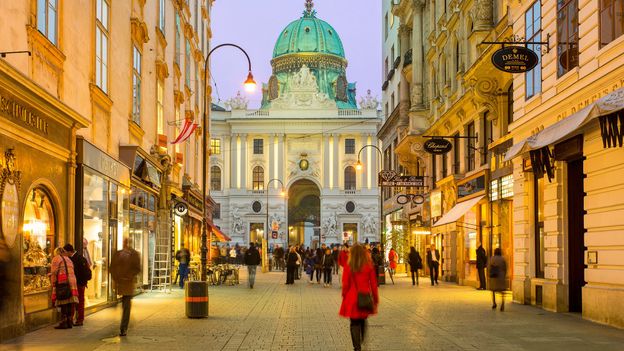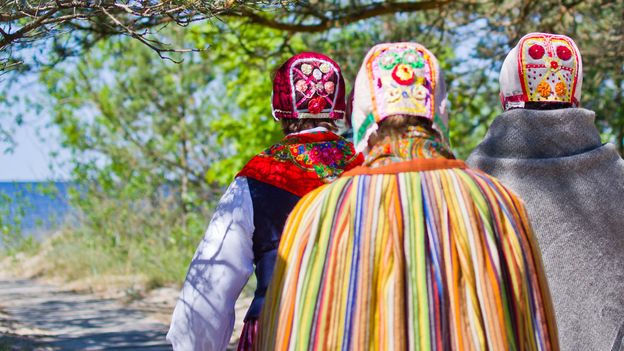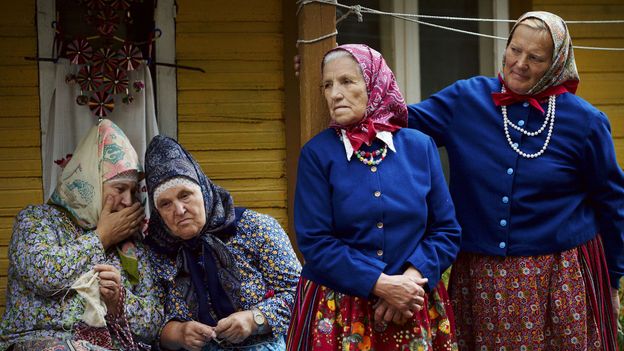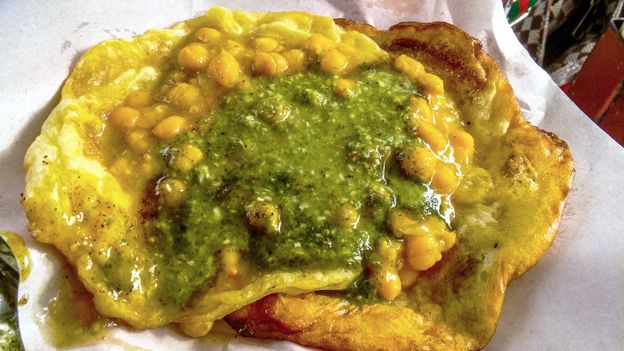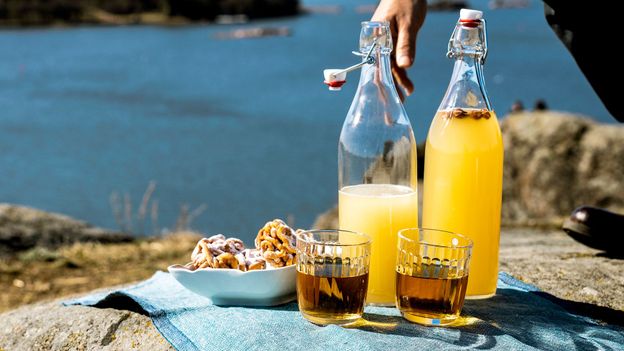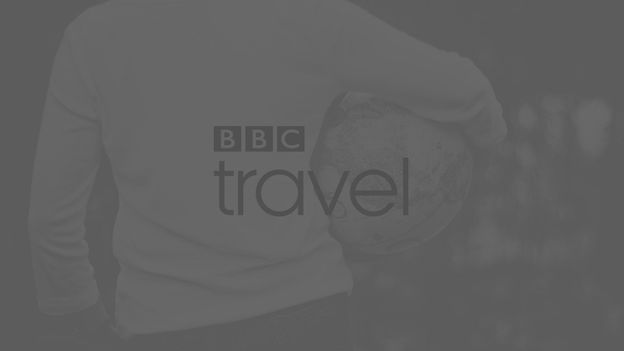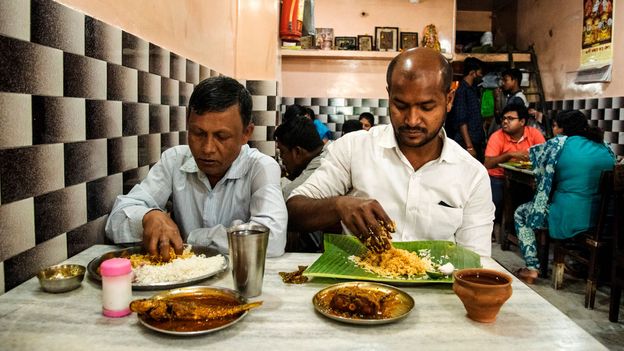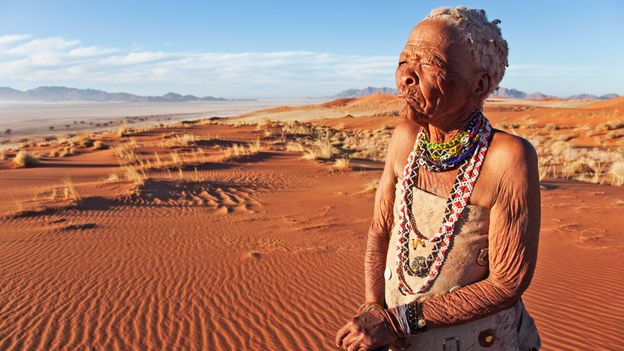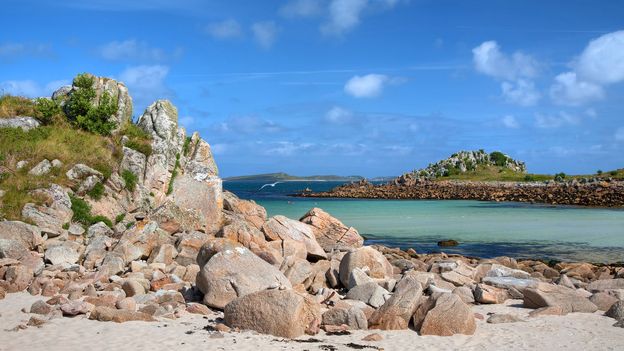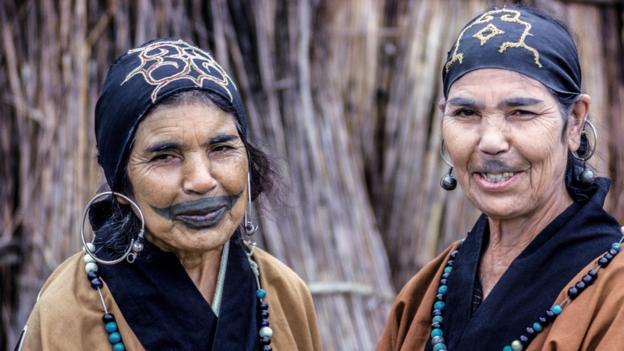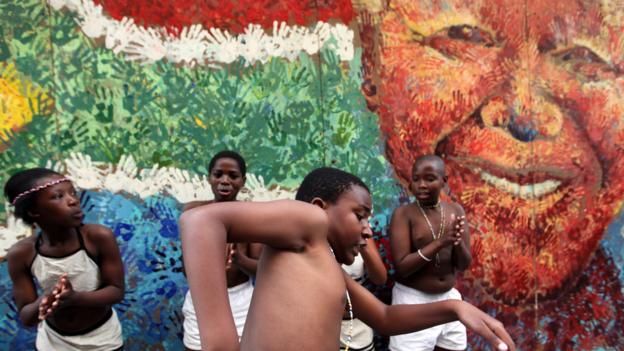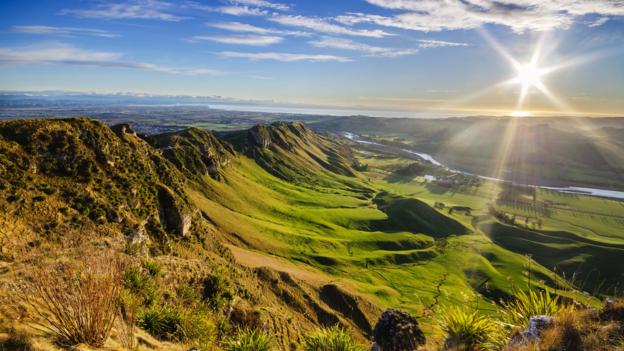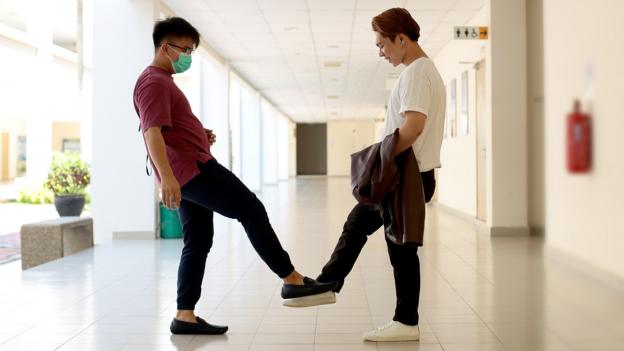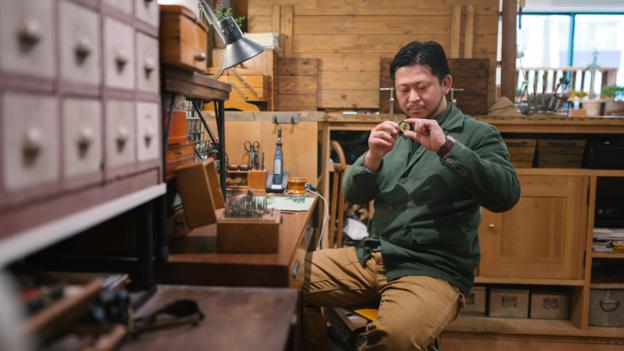After four years of living in Berlin, I’ve learned to embrace Germany’s anything-goes sprit and more casual approach to nudity than where I grew up in the Midwestern US.
You never forget your first time confronted by public nudity
While nudity in mainstream American culture is generally considered to be sexual, here in Germany, stripping down isn’t uncommon in certain everyday situations. I’ve grown used to nude-by-default saunas; taken dips in pools where swimming suits were birthday suits; and surprised a massage therapist when I disrobed unprompted before a treatment, leading him to remark that Americans usually need to be asked to take off their clothes.
But, as the saying kind of goes, you never forget your first time confronted by public nudity. My introduction came during a jog through Hasenheide, a park in Berlin’s southern Neukölln district, when I came across a cluster of nude bodies taking in the bright afternoon sun. Later, after speaking with friends and acquiring a fairly questionable Google search history, I found out that stumbling across an au naturel enclave in a city park or beach is practically a rite of passage in Berlin.
Stripping down to your essence in the natural world has historically been an act of both resistance and relief
What I’d seen wasn’t part of Berlin’s hedonistic side, however, but an example of Freikörperkultur, or “free-body culture”. FKK, as it’s usually shortened to, is associated closely with life in the German Democratic Republic (East Germany or “GDR”), but nudism in Germany as a public practice stretches back to the late 19th Century. And unlike, say, taking off your top at a beach in Spain, FKK encompasses a broader German movement with a distinct spirit, where stripping down to your essence in the natural world has historically been an act of both resistance and relief.
“Nudism has had a long tradition in Germany,” said Arnd Bauerkämper, associate professor of modern history at Freie University in Berlin. At the turn of the 20th Century, Lebensreform (“life reform”) was in the air, a philosophy that advocated for organic food, sexual liberation, alternative medicine and simpler living closer to nature. “Nudism is part of this broader movement, which was directed against industrial modernity, against the new society that emerged in the late 19th Century,” Bauerkämper said.
According to Hanno Hochmuth, a historian at the Leibniz Centre for Contemporary History Potsdam, this reform movement took particular hold in larger cities, including Berlin, despite its romanticising of country living. During the Weimar Era (1918-1929), FKK beaches populated by “a very, very small minority” of sunbathing members of the bourgeois sprang up. According to Bauerkämper, there was a “sense of new freedom after the authoritarian society and suffocating conservative values of Imperial Germany (1878 to 1918).”
In 1926, Alfred Koch founded the Berlin School of Nudism to encourage mixed-gender nudist exercise, continuing the belief that outdoor nudity promoted harmony with nature and wellness benefits. And while Nazi ideology initially prohibited FKK, viewing it as a spring of immorality, Hochmuth explained that by 1942 the Third Reich had softened its public nudity restrictions – though, of course, that tolerance wasn’t extended to groups the Nazis persecuted, like Jews and communists.
You may also be interested in:
• What makes Germans so orderly?
• The birthplace of modern nature healing
• The German village split by a wall
But it wasn’t until the decades after Germany’s post-war division into East and West that FKK really blossomed, particularly in the East – though embracing getting naked was no longer restricted to the bourgeois class. For Germans living in the communist GDR, where travel, personal liberties and sales of consumer goods were curtailed, FKK functioned in part as a “safety valve,” according to Bauerkämper; a way to let off tension in a deeply restrictive state by providing a bit of “free movement”.
Hochmuth, who visited nude beaches with his parents as a child growing up in East Berlin agrees. “There was some sense of escapism,” he said. “[East Germans] were always exposed to all these demands of the Communist Party and what they had to do, like going to party rallies or being asked to perform communal tasks on weekends without pay.”
There was some sense of escapism
While rogue East Germans continued bathing in the buff in the GDR’s early years – while keeping an eye out for patrolling policemen – it wasn’t until after Erich Honecker took power in 1971 that FKK would officially be allowed again. According to Bauerkämper, under Honecker the GDR began a process of opening up foreign and domestic policies, a tactic meant to make itself look more favourable to the outside world.
“For the GDR it was quite useful to argue that, ‘OK, we are allowing and even encouraging nudism, we are kind of a free society’,” said Bauerkämper.
Since East Germany merged with the larger West in 1990 and restrictions lifted in the former communist state, FKK culture has declined. In the 1970s and ‘80s, hundreds of thousands of nudists packed campgrounds, beaches and parks. In 2019, the German Association for Free Body Culture counted only 30,000-plus registered members – many of whom were in their 50s and 60s.
Yet today, FKK continues to leave an impression on German culture, particularly in the former East. It even manages to make the occasional viral headline, such as when a naked man in an FKK-designated area at a Berlin lake this summer was forced to give chase to a wild boar that had run off with a bag containing his laptop.
In fact, FKK and Germany’s longer tradition of nudism has left a widespread tolerance across the country for clothing-free spaces and public nudity as a form of wellness. As I discovered, FKK spaces can still be found without looking too hard, and they’re often tied to health pursuits.
If you are used to seeing people naked, you don’t give much thought about appearances
The listings site Nacktbaden.de offers a well-organised list of beaches and parks throughout Germany where you can sunbathe nude; strip down at saunas and spas; or go for hikes in the buff in places like the Harz Mountains, Bavarian Alps or the forests of Saxony-Anhalt. Or, if you want to be a bit more formal about it, the sporting club FSV Adolf Koch offers nude yoga, volleyball, badminton and table tennis in Berlin.
In many ways, the FKK legacy gives travellers an insight into values that still unite many East Germans. For Sylva Sternkopf, who grew up going to FKK beaches in East Germany, the country’s free-body culture has both reflected and imparted certain values that she’s passing down to her children, particularly the country’s open-mindedness towards their own bodies.
“I think this is still very deeply rooted in my generation in East Germany,” she said. “I also try to give this on to my children, to raise them in this way of being open towards your own body and not being ashamed of being yourself and being naked, of showing yourself naked.”
For Sternkopf, seeing nude bodies in a non-sexualised way also helps people learn to see others beyond their outer appearances. By baring it all, it makes it easier to see not just a body, but the individual.
“If you are used to seeing people naked, you don’t give much thought about appearances,” she said. “I think this is something that is more widespread in East Germany in general: we try to judge people not for their outer appearance, but we always try to look underneath.
Join more than three million BBC Travel fans by liking us on Facebook, or follow us on Twitter and Instagram.
If you liked this story, sign up for the weekly bbc.com features newsletter called “The Essential List”. A handpicked selection of stories from BBC Future, Culture, Worklife and Travel, delivered to your inbox every Friday.

